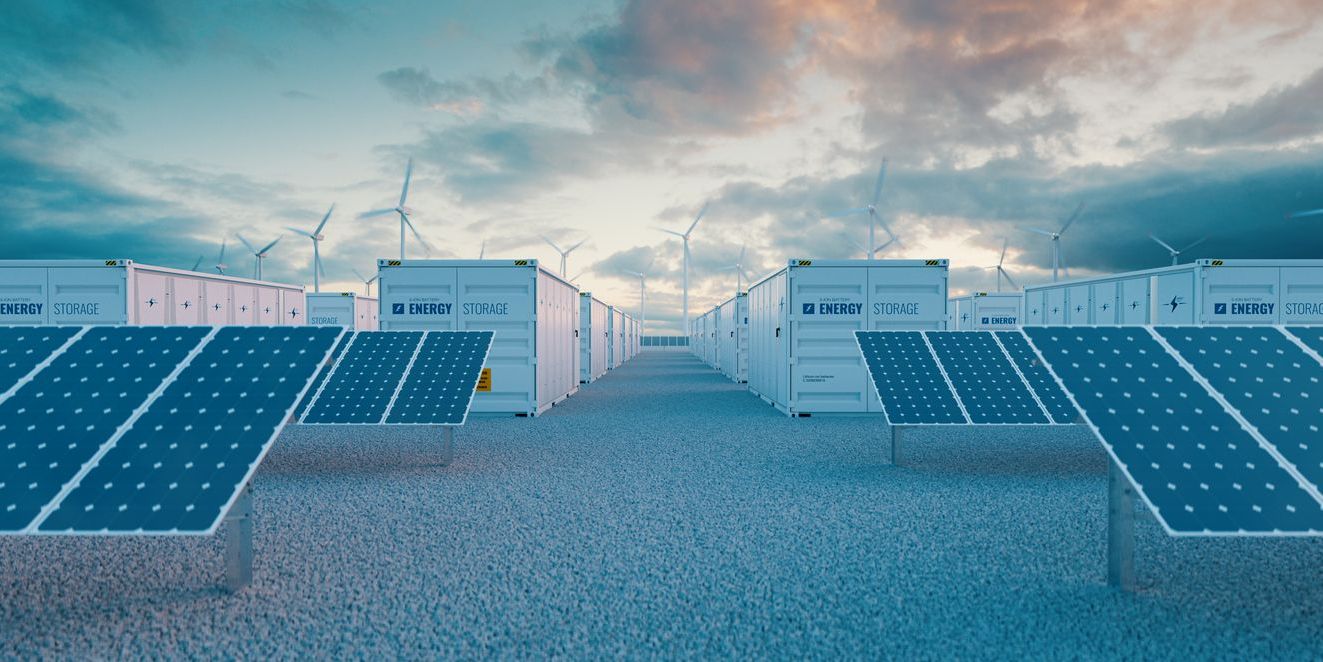What is an Energy Storage Specialist?
An energy storage specialist works with battery systems that store electricity from renewable sources like solar and wind. Their job is to make sure that clean energy is available even when the weather isn’t ideal—like at night or on calm, cloudy days. They design, set up, and maintain these storage systems so that energy can be used when it’s needed most.
This role is becoming more important as more homes, businesses, and entire communities rely on renewable energy. Without good storage solutions, a lot of clean power could go to waste. Energy storage specialists help make sure the energy we generate from the sun and wind doesn’t just disappear—it stays available, reliable, and ready to power our daily lives.
What does an Energy Storage Specialist do?

Duties and Responsibilities
Energy storage specialists take on a variety of tasks that help make clean energy available anytime it’s needed. Here are some of the key things they do on the job:
- Design Energy Storage Systems: Plan and develop battery setups that can store electricity from renewable sources like solar and wind. This includes choosing the right type of battery, sizing the system correctly, and making sure it fits the energy needs of the site.
- Install and Set Up Equipment: Oversee the proper installation of batteries, wiring, and control systems at locations ranging from individual homes to large commercial or utility-scale facilities. This also involves testing everything to make sure it works safely and efficiently from the start.
- Monitor System Performance: Keep track of how storage systems are performing using software and data tools. Specialists watch for signs of inefficiency or system stress and make adjustments to maximize performance and extend battery life.
- Maintain and Repair Systems: Perform regular checks and maintenance to prevent issues, and troubleshoot problems when something isn’t working right. This helps avoid downtime and keeps systems running smoothly for years.
- Collaborate with Energy Teams: Work closely with engineers, electricians, and project managers to make sure storage systems are safely and effectively integrated into solar arrays, wind farms, or power grids.
- Follow Safety and Industry Standards: Ensure that all work follows strict safety protocols and meets technical regulations. This protects people, property, and the environment while keeping systems reliable and up to code.
- Test and Upgrade Technology: Try out new battery types, materials, and control systems as the technology improves. Specialists often help evaluate performance and suggest upgrades to keep storage systems current and competitive.
Types of Energy Storage Specialists
Here are some common types of energy storage specialists, based on the focus of their work and the kinds of systems they work with:
- Battery Systems Technician: Focuses on installing, maintaining, and repairing battery storage systems, especially lithium-ion and other advanced batteries used in homes, businesses, and power plants.
- Energy Storage Engineer: Designs large-scale storage systems, models performance, and selects the right technologies for specific projects. Often works on utility-scale installations or advanced systems that integrate with the grid.
- Field Service Specialist: Travels to different job sites to set up and maintain energy storage systems. Works hands-on with equipment and often responds to service calls or system failures.
- Grid Integration Specialist: Focuses on how storage systems connect with and support the broader electrical grid. Works on making sure stored energy is delivered efficiently when demand is high.
- Research and Development (R&D) Specialist: Works in labs or development centers testing new storage technologies like flow batteries, solid-state batteries, or thermal storage systems. Helps improve efficiency, cost, and safety.
- Controls and Software Specialist: Develops and manages the software that monitors and controls storage systems. This includes performance tracking, fault detection, and energy optimization algorithms.
Energy storage specialists have distinct personalities. Think you might match up? Take the free career test to find out if energy storage specialist is one of your top career matches. Take the free test now Learn more about the career test
What is the workplace of an Energy Storage Specialist like?
The workplace of an energy storage specialist can vary widely depending on the type of project they’re working on and their specific role. Some specialists spend most of their time in the field—at solar farms, wind farms, or large battery installation sites—where they help install and maintain energy storage systems. These environments can be outdoors and involve working with electrical equipment, heavy tools, and safety gear. Fieldwork often means traveling to different job sites and being comfortable working in a variety of weather conditions.
Others may work in office or lab settings, especially if their focus is on system design, performance analysis, or research and development. In these roles, specialists use computer software to model battery behavior, run simulations, and review system data. They may also collaborate with engineers, data analysts, and project managers to design new storage solutions or improve existing ones. Lab-based roles can involve hands-on testing of new battery materials and technologies, often in highly controlled environments.
In many cases, energy storage specialists work a mix of office and field hours. For example, someone might spend the morning designing a system at their desk and the afternoon supervising its installation on-site. Teamwork is common, and communication with electricians, engineers, and safety inspectors is a regular part of the job.